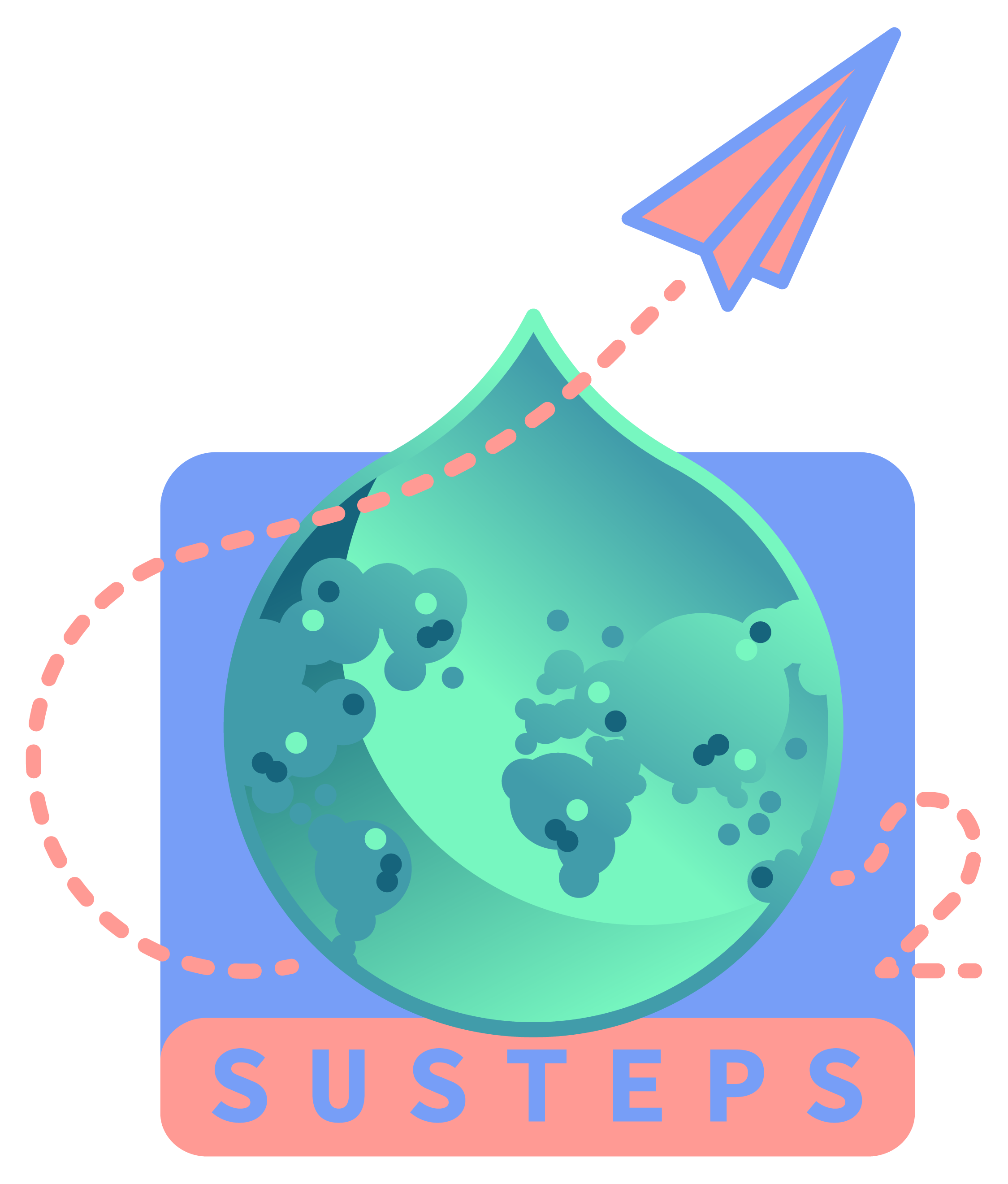Related Initiatives

FuelGae
The FUELGAE project represents a new approach to eliminating CO₂ emissions and transforming them into advanced liquid fuels, thus converting one of the pollutants most responsible for global warming into a sustainable product and providing a more environmentally sustainable solution for air and sea transport and heavy vehicles that are so difficult to electrify.
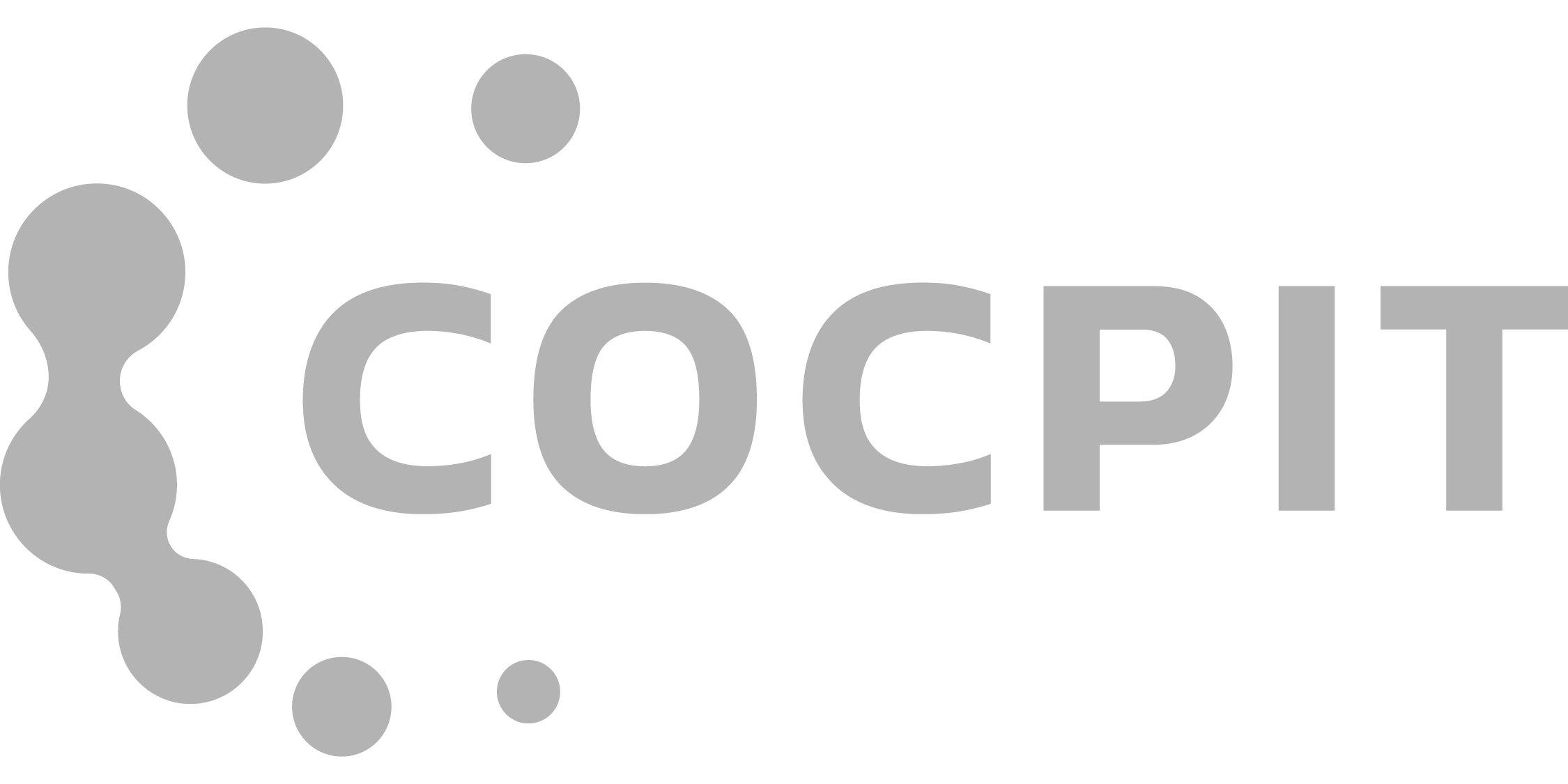
COCPIT
The COCPIT Project deals with microalgae cultivation in photobioreactors (PBRs) covered with semi-transparent photovoltaic (STPV) shell and develops along two possible pathways (HEFA, hydrotreated esters and fatty acids and HTL, hydro- thermal liquefaction), valorising by-products and power streams and finally producing aviation and shipping fuels that comply with American Society for Testing and Materials (ASTM) standards.
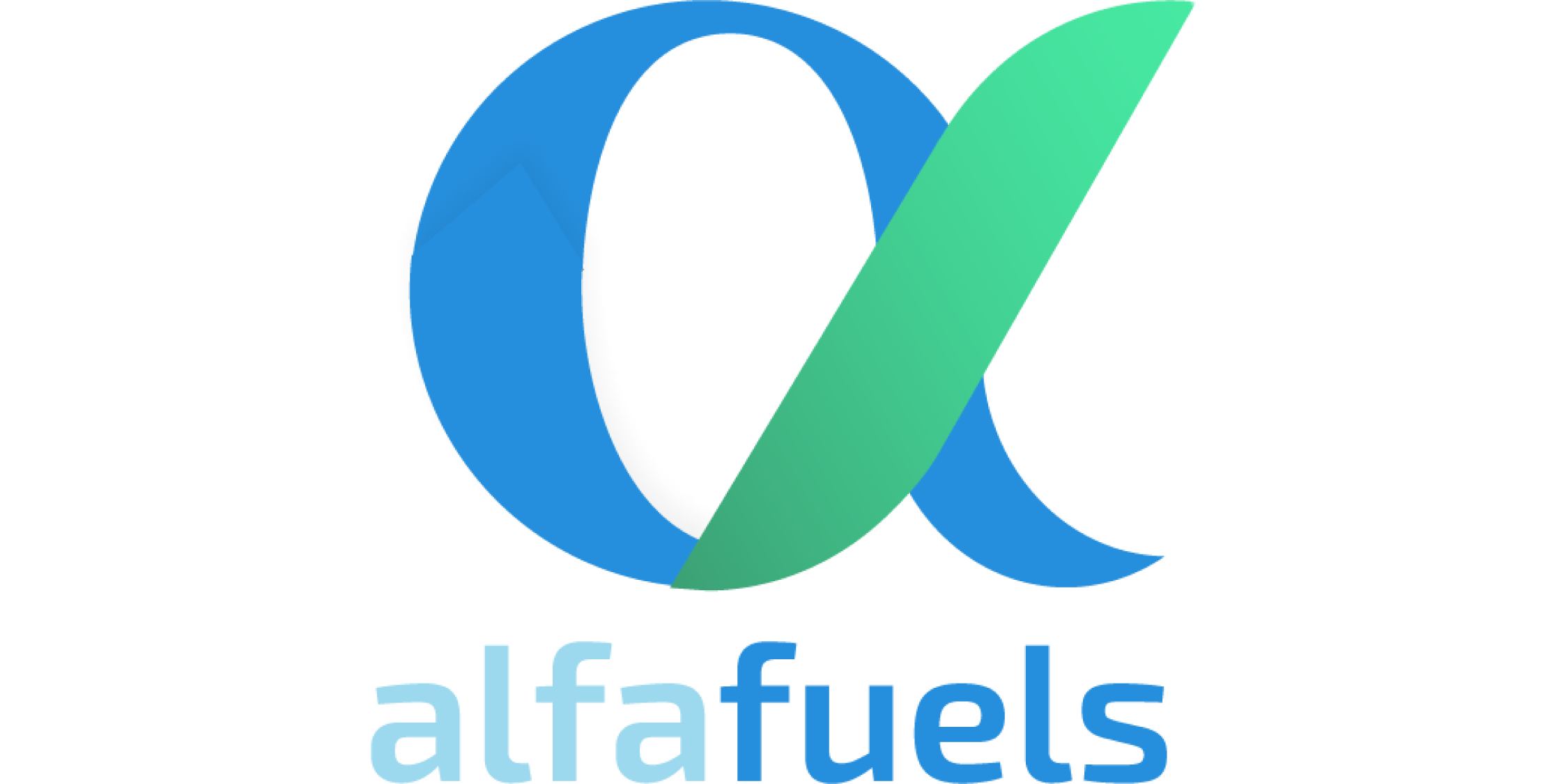
ALFAFUELS
The ALFAFUELS project seeks to develop innovative Sustainable Aviation Fuels (SAF) technology to reduce aviation’s reliance on fossil fuels. By addressing key challenges like high production costs and sustainability issues, the project incorporates breakthroughs such as microbial fuel precursor production and solar- driven photochemistry.
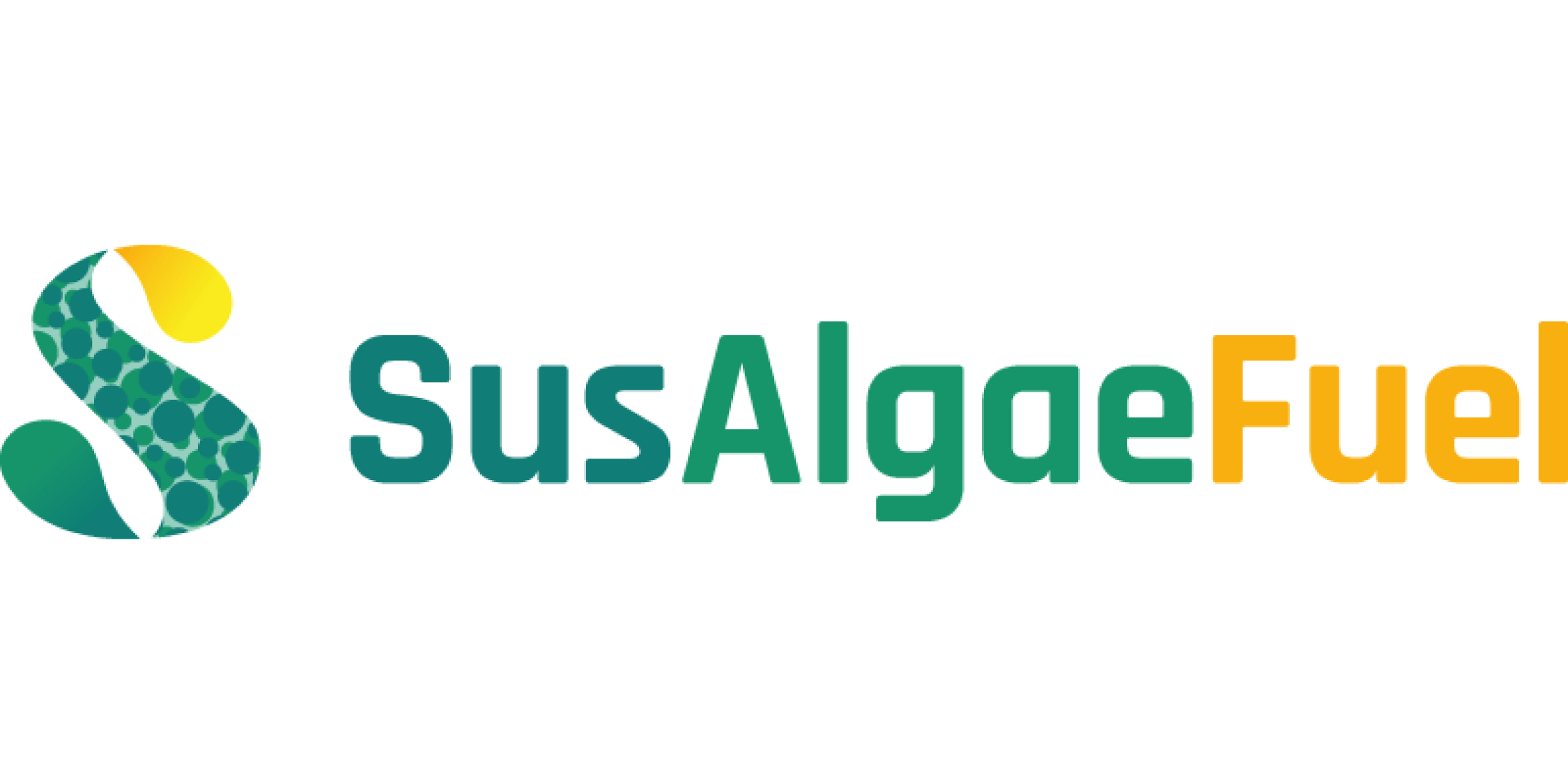
SusAlgaeFuel Project
The SusAlgaeFuel Project aims to develop a range of innovative approaches based on waste treatment, digital sensors, cascading biorefinery, and multifunctional catalysts to enable a more sustainable and cost-competitive production of microalgae aviation fuels.
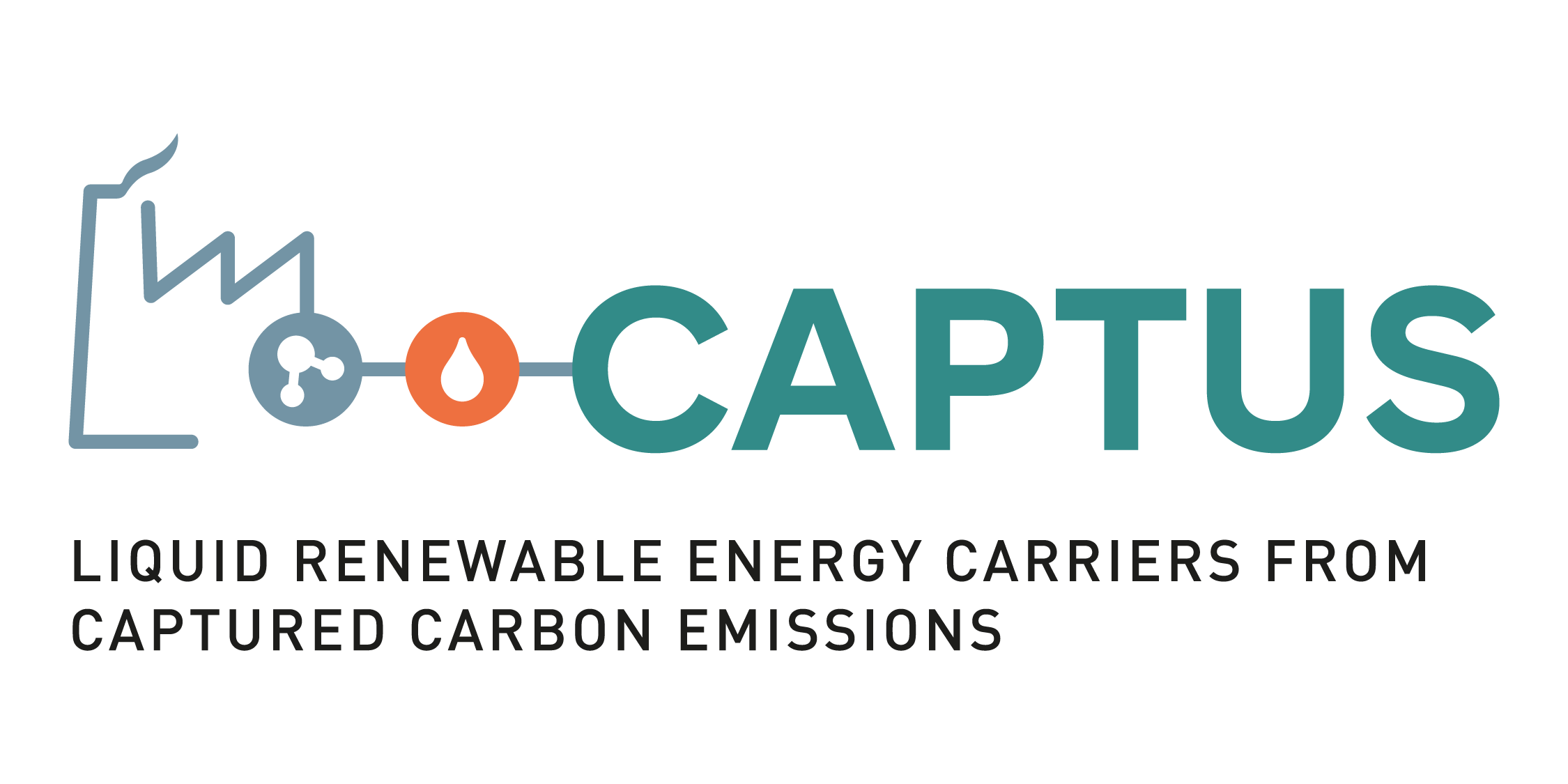
CAPTUS
The CAPTUS Project focuses on the production of renewable energy carriers (RECs) from industrial flue gas dealing with CO 2 at low concentrations and addressing also the optimal integration with renewable electricity surplus to reduce the increasingly renewable curtailments. CAPTUS will provide an industrial roadmap to a net-zero carbon future through EII-integrated solutions from both captured carbon emissions and its efficient conversion into liquid RECs.

ICARUS
The ICARUS Project is dedicated to advancing Sustainable Aviation Fuel (SAF) production by addressing critical technology limitations in three key routes: Biocrude from hydrothermal liquefaction; Isobutanol from lignocellulosic biomass; and Synthetic Fischer-Tropsch from biomass gasification.
REFOLUTION
The REFOLUTION project aims to demonstrate the cost-effective production (with a reduction of CAPEX by 50% and OPEX by 45%) of advanced biofuels for the aviation and marine sectors via a process that can be implemented in existing European refineries. The project will demonstrate the transformation of bio-oils produced from fast pyrolysis into advanced biofuels, through intermediate process steps combined with downstream co-processing technologies for targeting two different applications.
SUN-to-LIQUID II
The SUN-to-LIQUID II Project overall ambition is the significant advancement of energy conversion efficiency and robustness of the solar thermochemical fuel pathway and its integrated demonstration. It is the aim of SUN-to-LIQUID II to advance the state of the art by the introduction of novel 3D-printed structured materials to the reactor, effective heat recuperation, a step forward in focus accuracy and stability of the solar concentrator, and in conversion efficiency of the gas-to- liquid facility, as well as to ensure sustainability and circularity by recycling of ceria and reducing water consumption.

FUEL-UP
The FUEL-UP Project – Production of advanced biofuels via pyrolysis and upgrading of 100% biogenic residues for aviation and marine sector, including full valorisation of side streams – is a Horizon Europe Innovation Action aimed at transforming biogenic waste into advanced biofuels to enable the green transition and the decarbonisation of the aviation and the marine transport sectors.
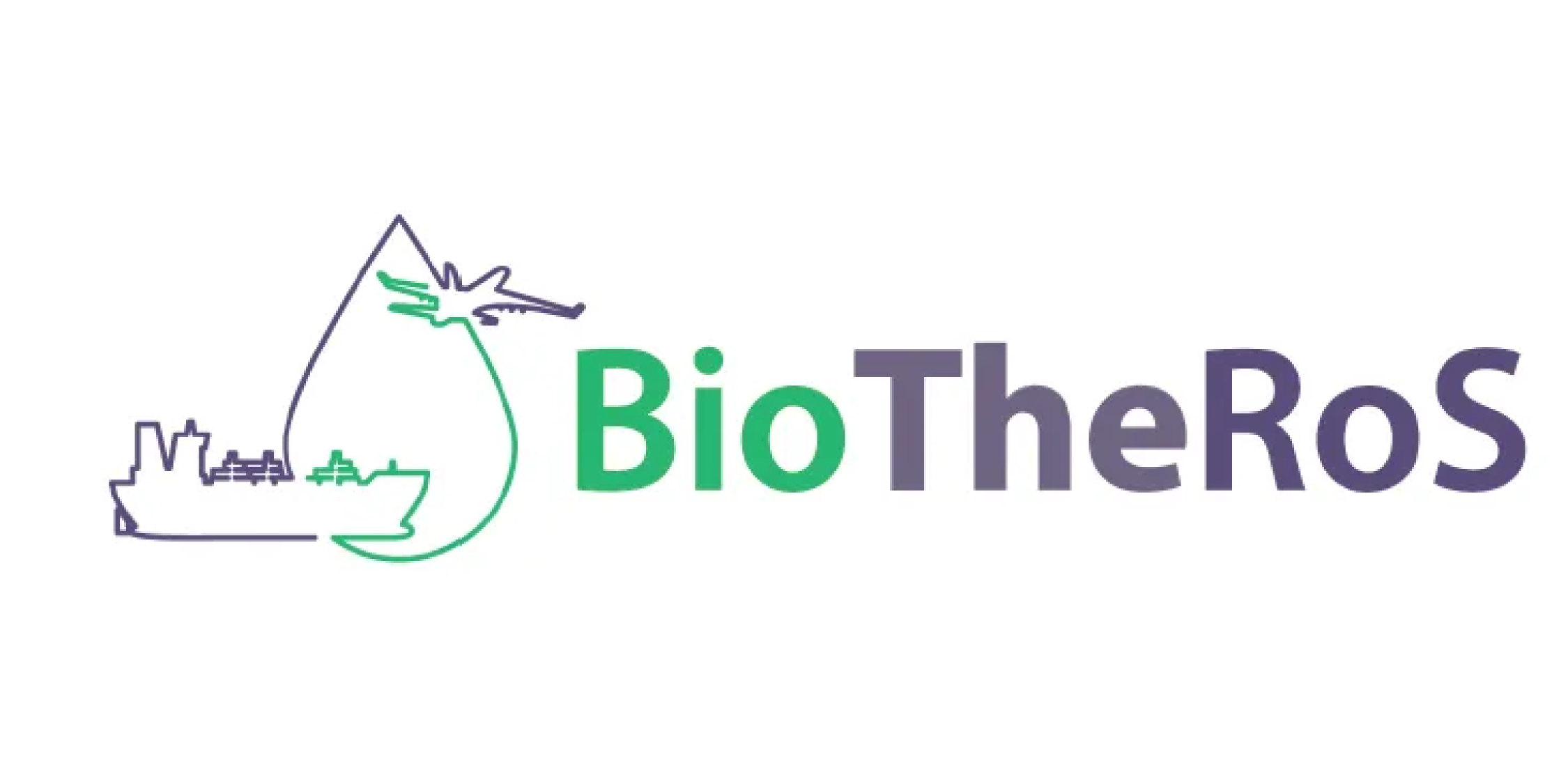
BioTheRoS
The BioTheRoS Project aims to develop a comprehensive approach that will accelerate the production of sustainable biofuels through the use of thermochemical conversion technologies. Within BioTheRoS technical research on two highly relevant thermochemical advanced biofuel production pathways i.e. pyrolysis and gasification are combined with interdisciplinary research (e.g. on feedstock base, scale up modelling, sustainability, impact assessment, market dynamics), with the aim to develop both value chains sustainably in a relevant international context.

CIRCULAIR
The CIRCULAIR Project develops innovative conversion technologies to produce sustainable fuels from abundant agricultural residues through hydrothermal liquefaction. Design a cost-effective pathway to produce jet fuel, methanol and further by-products from sustainable biomass based on hydrothermal liquefaction (HTL).
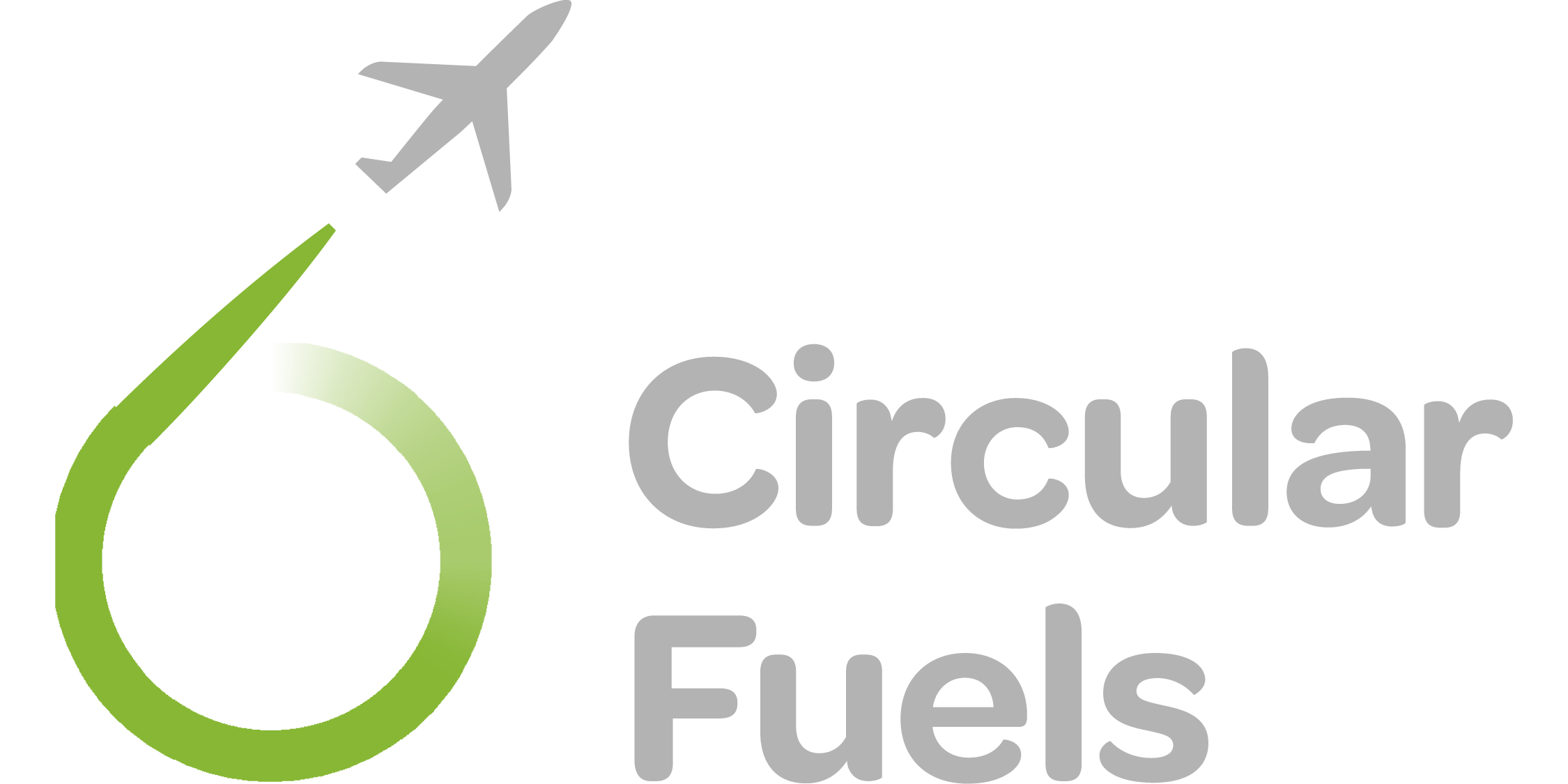
CIRCULAR FUELS
The Circular Fuels project is pioneering sustainable aviation fuel production processes that use solar energy and waste-based raw materials, thus aligning with and advancing the sustainability standards set by the EU and UN.
